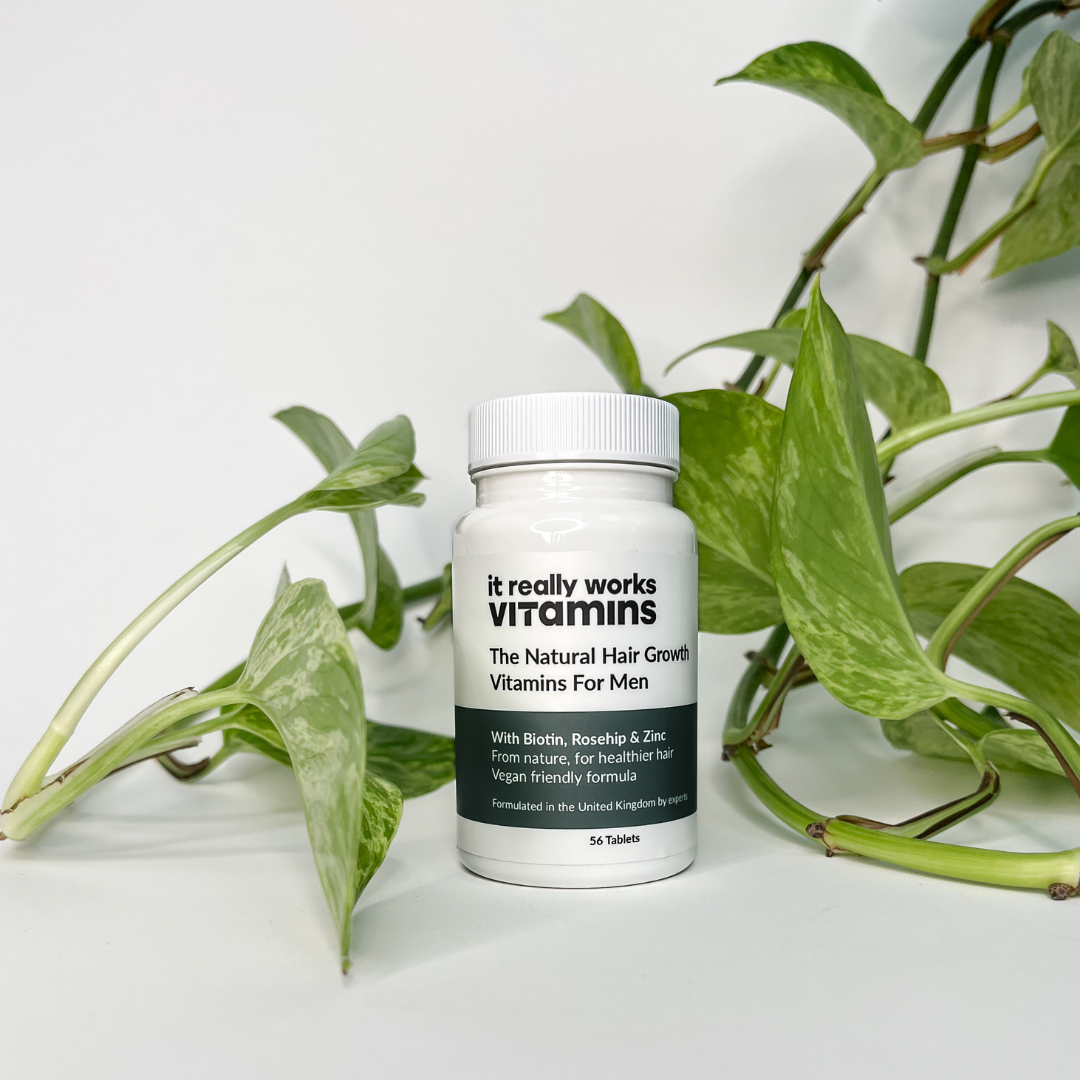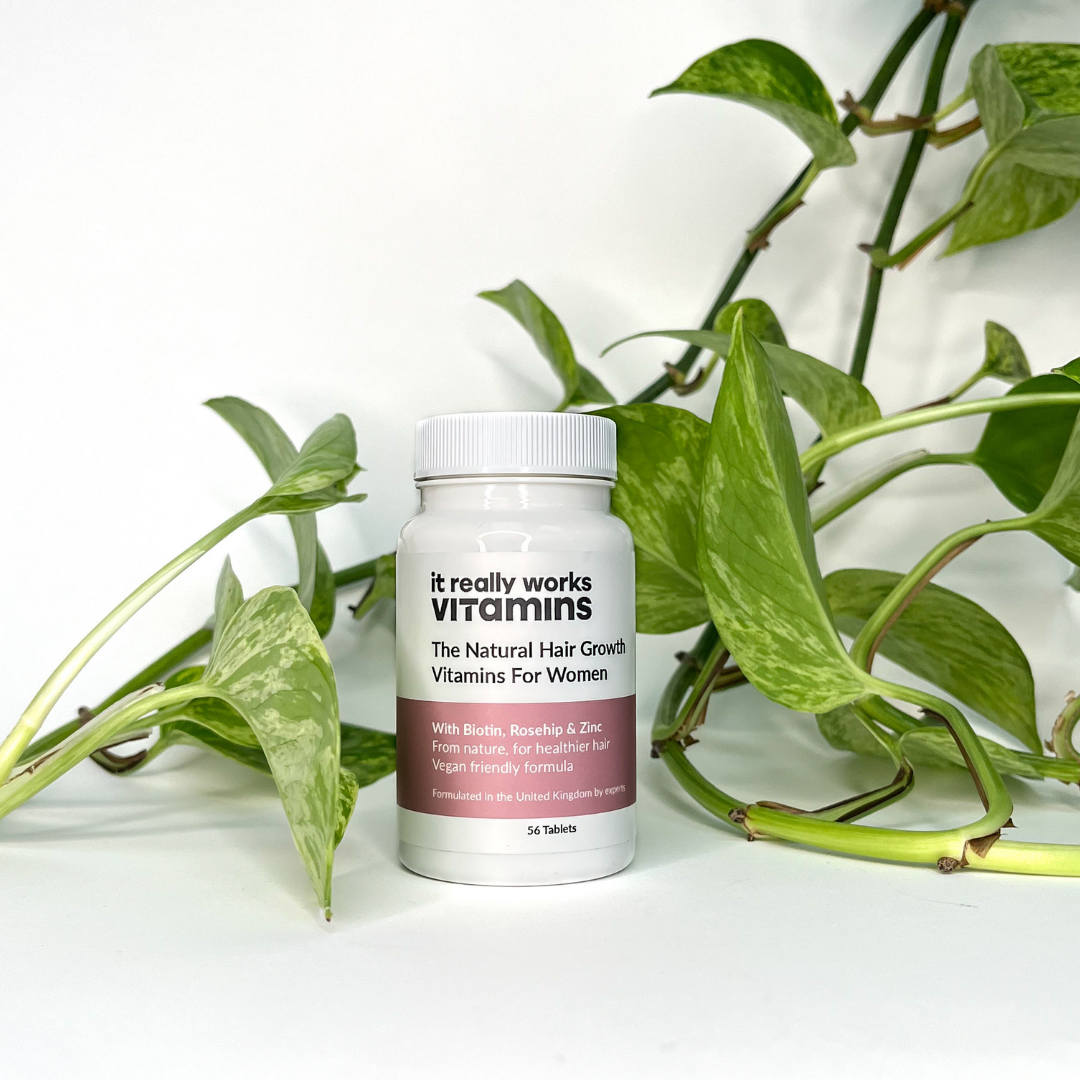Thanks so much for stopping by at the It Really Works Vitamins blog!
It’s estimated that globally, around 164 million people had an alcohol or drug use disorder in 2016. Almost 70% of people with a drug or alcohol problem are male.
We know about the effects that illegal drugs can have on our skin, brains and internal organs, but what can illegal drugs do our hair and can they kick start permanent hair loss?

The short answer is Yes, and for a number of different reasons. Let’s get into it.
For years, recreational use of cocaine has been increasing in some parts of the world. However, around 1 in 5 adults aged 16-24 have taken drugs in the last year, according to Drugwise. Cocaine in particular is a popular drug for those on nights out, and its usage has become more widespread and prevalent in social situations. The problem with this is that the damage that cocaine can do goes far beyond just the immediate health risks.
However, it’s not just the damage that this Class A drug can do to your system; it’s what it can also do to your body. For example, the link between cocaine abuse and hair loss has been around for a while. What are the facts about the use of cocaine and the likelihood that it could damage your hair, though?
Lots of myths revolve around the use of drugs and hair loss. Look around for long enough, though, and you will begin to find out that the links between cocaine use and losing your hair might not be quite as far-fetched as it first might sound. Let’s take a look at why that might be.
Can cocaine use cause you to lose your hair?
All medicines in the UK are rigorously tested and any potential side effects are predicted, before they can be licensed by the Medicines and Healthcare Product Regulatory Agency,
We just don’t have the same extensive level of information about illegal drugs.
The short and long-term side effects of illegal drugs can’t be precisely predicted, but there have been a small number of studies exploring the effects of illegal drugs on animals
In one study, researchers injected cocaine under the skin of rats. Within 48 hours patches of hair loss developed around the injection areas and later the cells and living tissue around the area died.
The study concluded that cocaine, injected or inhaled is toxic enough to reduce cell division in hair follicles and consequently may cause telogen effluvium.
Just like if you were to find out some terrifying news, you could find that your hair immediately begins to recede. Given the immense power of cocaine, it would immediately put your body into a state of shock.
This could lead to a condition known as telogen effluvium, which is a form of hair loss that can see certain hair follicles simply stop growing.
To understand what telogen effluvium actually means we need to take a closer look at the three phases of the hair life cycle and how we can keep our hair in it’s growing phase for as long as possible, and in the shedding phase for a short as time as possible.
It’s normal to lose between 50 and 125 hairs, every single day. This is all part of the three phases of the hair life cycle.
The Anagen phase: in which hair physically grows approximately 1 cm per month. It begins in the papilla This can last from three to five years.
The catagen phase, this is known as the resting or transitional phase. This lasts about two weeks.
The papilla detaches from the hair follicle, shrinks and "rests,". The hair is cut off from its blood supply.
Last up is the Telogen phase
During the telogen or shedding phase the follicle remains out of action for between one to four months. The hair sheds but the cells lining the follicle continue to grow as normal. Around ten to 15 percent of all hairs on our head are in this phase of growth at any given time.
And within two weeks, the new hair shaft begins to emerge and the Anagen phase starts all over again.
Every single hair on the body is at a different stage in its life cycle.
And shedding is a normal part of hair growth, but if you’re losing more hair than normal, especially if:
- your scalp burns or itches
- Hair falls out in clumps
- you notice bald patches
- you have sudden hair loss
- you're worried about your hair loss
Then you need to make an urgent appointment with your doctor.
The indirect consequence of cocaine use on your hair, though, can be found through what is known as diffuse thinning. This takes place when you start to notice immense levels of overall thinning, which will eventually lead to serious issues with your hair.
Diffuse thinning describes an increased rate of hair loss from all over the scalp (rather than in patches or at the hair line)

This type of hair loss can occur due to malnutrition and as recreational drugs such as cocaine may suppress the appetite Some regular drug users may not taking the time to eat balanced, nutritional meals and so they’re just not getting the protein, minerals and vitamins needed for healthy, normal hair growth.
Normally, this is caused by a lack of vitamin and nutritional intake. Since cocaine makes it hard for you to eat, your diet is likely to fall through the floor, making this more likely to occur.
Add in the fact that cocaine can leave you unable to sleep and feeling poorly from the intake of such substances, and hair loss is only likely to continue. Given the addictive nature of cocaine, also, your body is likely to react poorly to not receiving more – this means that, for months after the fact, you would still see some signs of hair loss.
At that point, you have two options: undergo a lifestyle change, and start taking vitamins and solutions to help you make up for the loss of nutrition and vitamins during cocaine usage. Otherwise, you will need to accept the damage is done for the medium-term. Cocaine, though, is a very damaging substance: the damage that it does includes, but is not limited to, your hair.
For thicker, stronger hair or your money back, take The It Really Works Vitamins 90 Day Challenge:
As featured in:
- Men’s Health,
- Forbes and
- Esquire.
For Hair Growth Supplement, you may like to try It Really Works Vitamins!




